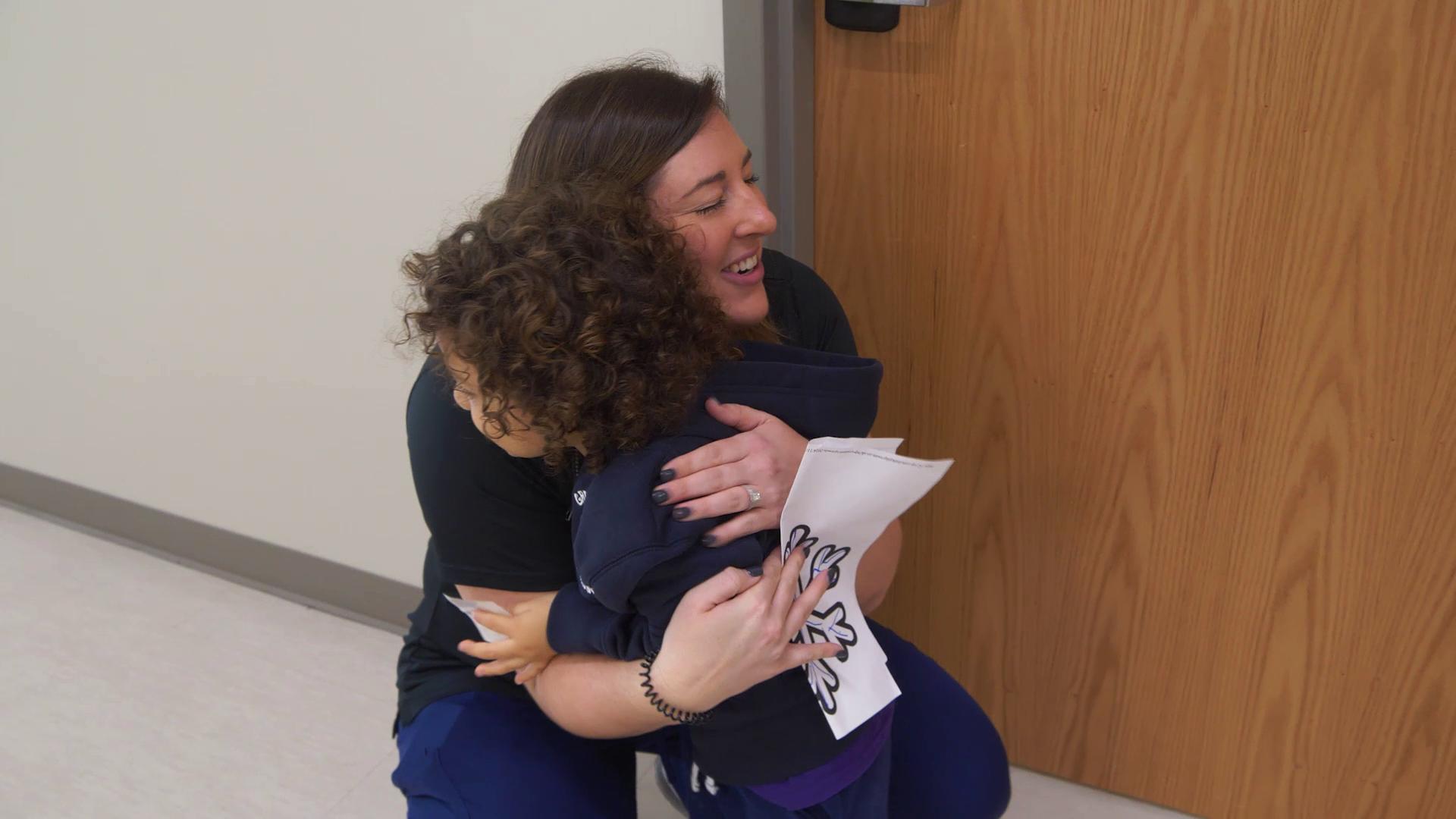Disclosure :: This post is sponsored by Ochsner Baton Rouge and written by Lauren Papania, MOT, LOTR, CIMI.
Recognizing the Importance of Occupational Therapists
 Occupational Therapists often are not recognized for the wonderful work that they do helping so many live a more independent life. Some people confuse the differences between occupational therapists and physical therapists. Physical therapists work with patients to help restore movement without pain, while occupational therapists work with a variety of patients to help regain skills they may have lost due to injury or illness. Their patients may include children with birth defects or autism, those with mental health and behavioral challenges, those with traumatic injuries to their brain or spinal cord, and patients with broken bones and other injuries.
Occupational Therapists often are not recognized for the wonderful work that they do helping so many live a more independent life. Some people confuse the differences between occupational therapists and physical therapists. Physical therapists work with patients to help restore movement without pain, while occupational therapists work with a variety of patients to help regain skills they may have lost due to injury or illness. Their patients may include children with birth defects or autism, those with mental health and behavioral challenges, those with traumatic injuries to their brain or spinal cord, and patients with broken bones and other injuries.
A doctor might refer a patient to an occupational therapist if they are recovering from a medical issue or surgery. The therapist will work with the patient or their family to identify their goals. They will then design a custom plan to help the patient with daily activities in order to reach their goals. The therapist will monitor the patient to be sure they are progressing. If needed, they will update the plan to address any new needs or challenges.
Occupational therapy dates back to 100 B.C. when patients with mental disorders were prescribed massages, exercise, baths, music, conversation and travel to help alleviate their issues. It was not until the early 1900s that psychiatrist and educator William Rush Dunton Jr. brought occupational therapy to the forefront. The man known as the “father of occupational therapy” encouraged his patients to make quilts. He found that cutting and sewing would take their minds off their problems. The bright colors of the quilt also helped.
Occupational therapy has come a long way from the days of making quilts. It now focuses on helping a person perform their daily tasks more easily. Those tasks include getting dressed, grooming, and resolving feeding and swallowing issues. Therapists can also help with fine motor skills, such as writing or picking up something small.
Children with autism often have sensory issues. It may be difficult for them to process sight, sound, touch, taste, smell and balance. These issues can make everyday tasks like brushing their teeth a challenge. Occupational therapists use a variety of strategies to help the child and their family find appropriate ways to teach necessary skills. Occupational therapists work with autistic children to help with social skills and sensory issues. Depending on the child’s needs, they can work to help with issues like expanding the types of foods they eat. However, treatment is not one-size-fits-all. Therapists evaluate each patient to determine their individual needs for therapy.
For people with traumatic brain and spinal cord injuries, the main goal of an occupational therapist is to help a person adapt, so they can regain their ability to live independently. Those skills can help with memory, fatigue and movement. Occupational therapists also work with patients to help them with routine items such as getting dressed, using the bathroom, cooking and feeding themselves.
Occupational therapists can also help people who have a difficult time at work or school and caring for themselves due to arthritis, stroke side effects, diabetes, multiple sclerosis or Alzheimer’s disease. Therapists help these patients adapt so that they can perform necessary skills. Treatment sometimes requires special adaptive equipment to help these patients live a normal independent life.
















